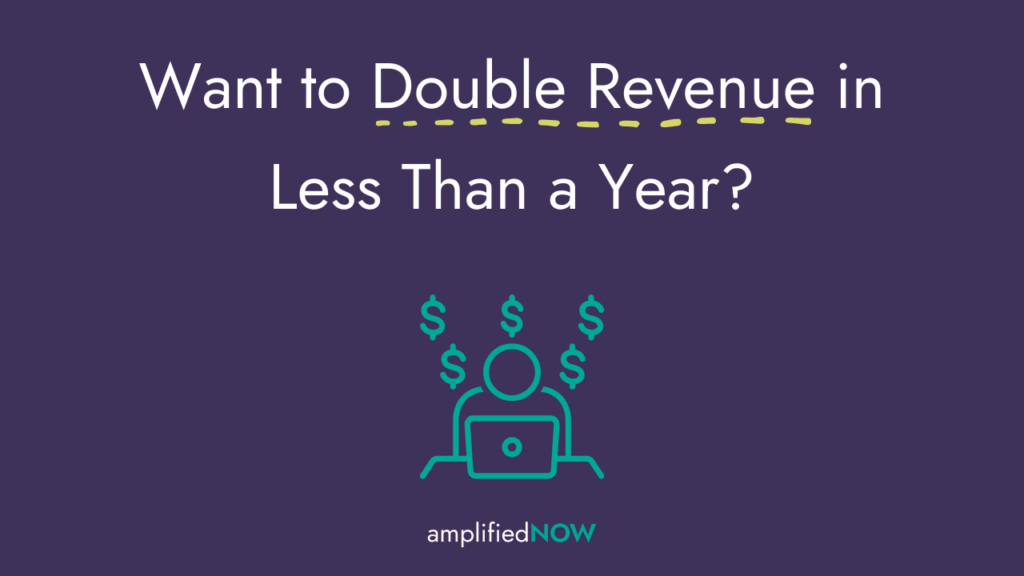Incorporating Virtual or Hybrid Events
Whether you’re a tech-savvy CEO wanting to break down geographic barriers, or a small entrepreneur looking to engage with your clients in new ways, incorporating virtual and hybrid events into your strategy is a game-changer. Trust us, you will want to put your money where the WiFi is and start incorporating these bad boys right now!
Gettin’ Down and Digital: Virtual Events
Virtual events are all about bringin’ people together online, completely removing the boundaries of traditional physical spaces. Rolling with online webinars, virtual conferences, or e-learning sessions can mean major growth for your brand or business.
- 24/7 accessibility: Virtual events are kind of like the party that never ends, giving attendees the opportunity to engage in their own time and at their own pace.
- Increased reach: Deuces, geographic constraints! Attendees can join your event no matter where they’re located.
- Reduced costs: Cut out costs related to venue hire, catering, and transport.
- Easy data collection: Track audience interaction and gain clear insights for future events.
Best of Both Worlds: Hybrid Events
Ain’t nothin’ like a hybrid event to give your audience options! Hybrid events combine the traditional face-to-face experience with a virtual element, satisfying even the pickiest of attendees.
- In-person and virtual engagement: Attendees can choose how they want to attend – either in-person or online. It’s like having your cake and eating it too!
- Increased inclusivity: By providing a virtual component, you’re opening the doors (or should we say, web browsers) to those who may not have been able to make the physical event.
- Long-lasting content: The content from your event can continue to rock the online world long after the actual event has ended.
- More networking opportunities: More ways to connect means more opportunities for your attendees to network and build relationships.
Tips and Tricks: Making The Switch
Switching to virtual or hybrid events isn’t rocket science. Here are a few tips to make your transition smoother than a midnight yacht ride.
- Choose the Right Platforms: Seek out platforms that satisfy your need for engagement, stability, and interactivity.
- Prioritize User Experience: Make the shift seamless by ensuring all attendees, whether in-person or virtual, get a high-quality experience.
- Engage your Audience: Keep your attendees interested and engaged through interactive sessions, live chats, Q&A’s, and polls.
- Test Run: Run a few test events to iron out kinks before the actual event. Because let’s be real, nobody likes technical difficulties…
Hop onto the digital bandwagon and give virtual and hybrid events a whirl. They might seem unconventional at first, but they’ll open up a universe of opportunities. And remember, innovation is the key to success!
The pandemic may have disrupted traditional events, but it presented opportunities by introducing us to the potential of hybrid events – a blend of in-person and virtual interactions. This format offers several advantages:
– Attendees can choose to attend physically or online – offering flexibility and convenience.
- The reach of your event extends beyond geographical bounds – increasing inclusivity.
– The content from the event continues to be relevant and consumed even after it ends.
– There are more opportunities for networking and building connections.
Transitioning to hybrid events isn’t too hard. Use the right platforms, focusing on user experience, engagement and stability. Keep your audience engaged with interactive sessions and live chats. Conduct a few test runs before the main event to iron out any issues. Don’t be afraid to try something new – innovation often leads to success! Events have been a long-standing way for businesses to gather a crowd and show off their services, but due to the pandemic, there has been a move towards more digital options. This opens up the potential for hybrid events, combining both physical and virtual interaction, offering several advantages:
1. Attendees are less constrained by their geography and can join in from wherever they are.
2. It provides a more inclusive experience for everyone by offering both physical on-ground event and a virtual one.
3. Value from hybrid events extends beyond the event itself as content and interactions can continue to be shared and consumed afterwards.
4. Attendees from different backgrounds can meet and network both in-person and online, increasing the opportunities for connection.
Transition to hybrid events by finding a platform that suits your needs, focusing on user experience, and keeping the audience engaged. Make sure to do some test runs to anticipate any issues and be open to trying something new - embracing innovation is the key to succeeding in this new norm of events. Ultimately, hybrid events are the future. Not only do they provide added flexibility and wider reach, but they also offer a unique, customizable experience for each individual attendee. Now is the time to embrace this new style of event and take full advantage of the numerous opportunities it presents for both businesses and their audiences.


